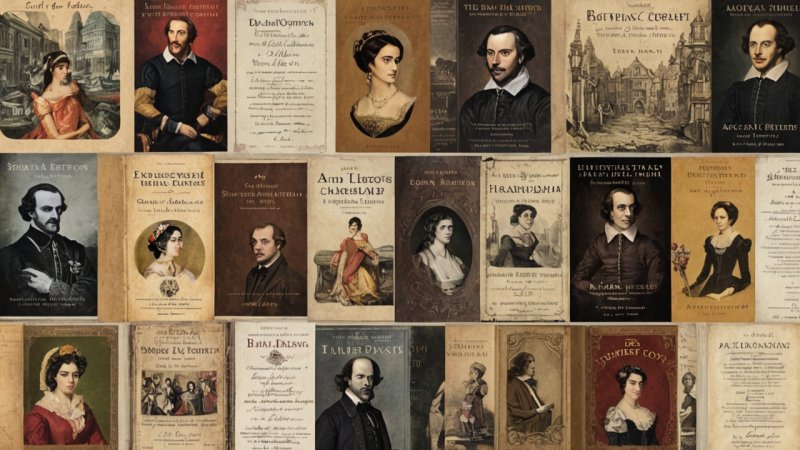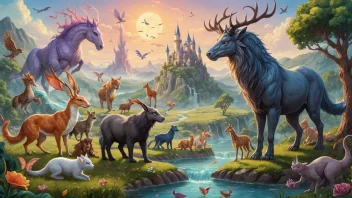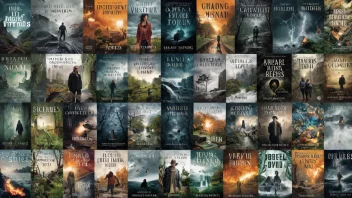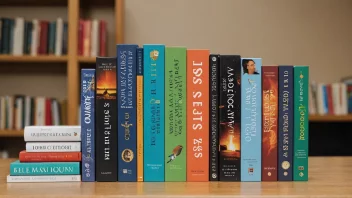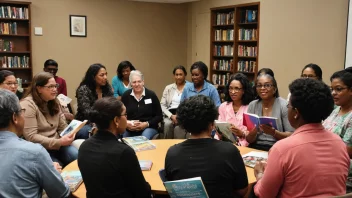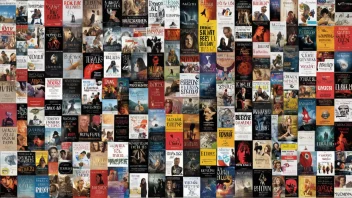Classic literature serves as the bedrock of literary criticism, influencing how we interpret texts and understand their cultural significance. From Homer to Shakespeare, the great works of the past have shaped the parameters of literary analysis and criticism. As we delve into the role of classic literature in the development of literary criticism, it becomes evident that these timeless texts provide a framework for understanding literary devices, themes, and the broader historical context in which they were written.
One of the key aspects of classic literature is its enduring relevance. Many of these works address universal themes such as love, power, morality, and the human condition. This universality allows critics to apply various theoretical lenses—be it feminist, Marxist, or post-colonial—to analyze the texts. For instance, Jane Austen's novels, while set in the 19th century, continue to resonate with modern audiences and critics alike, inviting discussions on gender roles and class dynamics that are still pertinent today.
Additionally, classic literature has provided a rich source of material for the development of critical theories. The works of authors like Fyodor Dostoevsky and Virginia Woolf have inspired existential and modernist criticism, respectively. Dostoevsky's exploration of morality and free will in novels such as Crime and Punishment has given rise to discussions about psychological depth in literature, while Woolf's stream-of-consciousness technique has paved the way for new narrative forms and critical approaches that challenge traditional storytelling.
Moreover, classic literature often serves as a benchmark against which contemporary works are measured. Critics frequently reference classic texts to highlight or challenge themes and styles in modern literature. For example, the influence of the epic poems of Homer can be seen in contemporary fantasy literature, where the idea of a hero's journey remains central. This intertextuality enriches the critical discourse, as it allows scholars to draw parallels and contrasts between different eras of literature, enhancing our understanding of both the classics and contemporary works.
Furthermore, engaging with classic literature fosters a deeper appreciation for the craft of writing itself. By analyzing the techniques used by authors such as Charles Dickens or Leo Tolstoy, aspiring writers can learn about character development, narrative structure, and thematic exploration. Literary criticism not only dissects these elements but also encourages readers to engage thoughtfully with texts, cultivating a culture of analytical reading that extends beyond mere enjoyment.
In conclusion, classic literature plays a pivotal role in the evolution of literary criticism. It provides timeless themes that resonate across generations, serves as a foundation for various critical theories, sets benchmarks for contemporary literary assessment, and enhances the craft of writing. As we continue to explore and critique these classic works, we not only honor their legacy but also enrich our understanding of literature as a whole.
